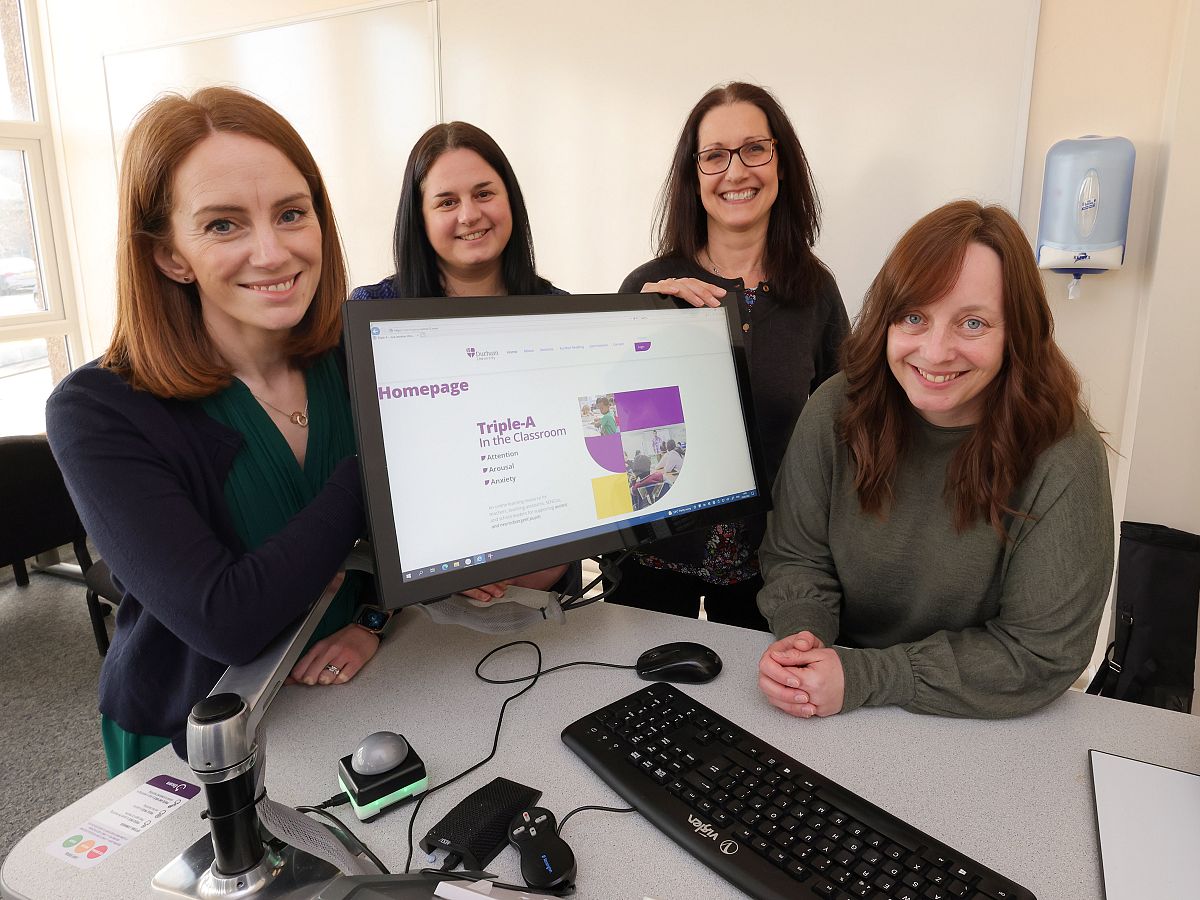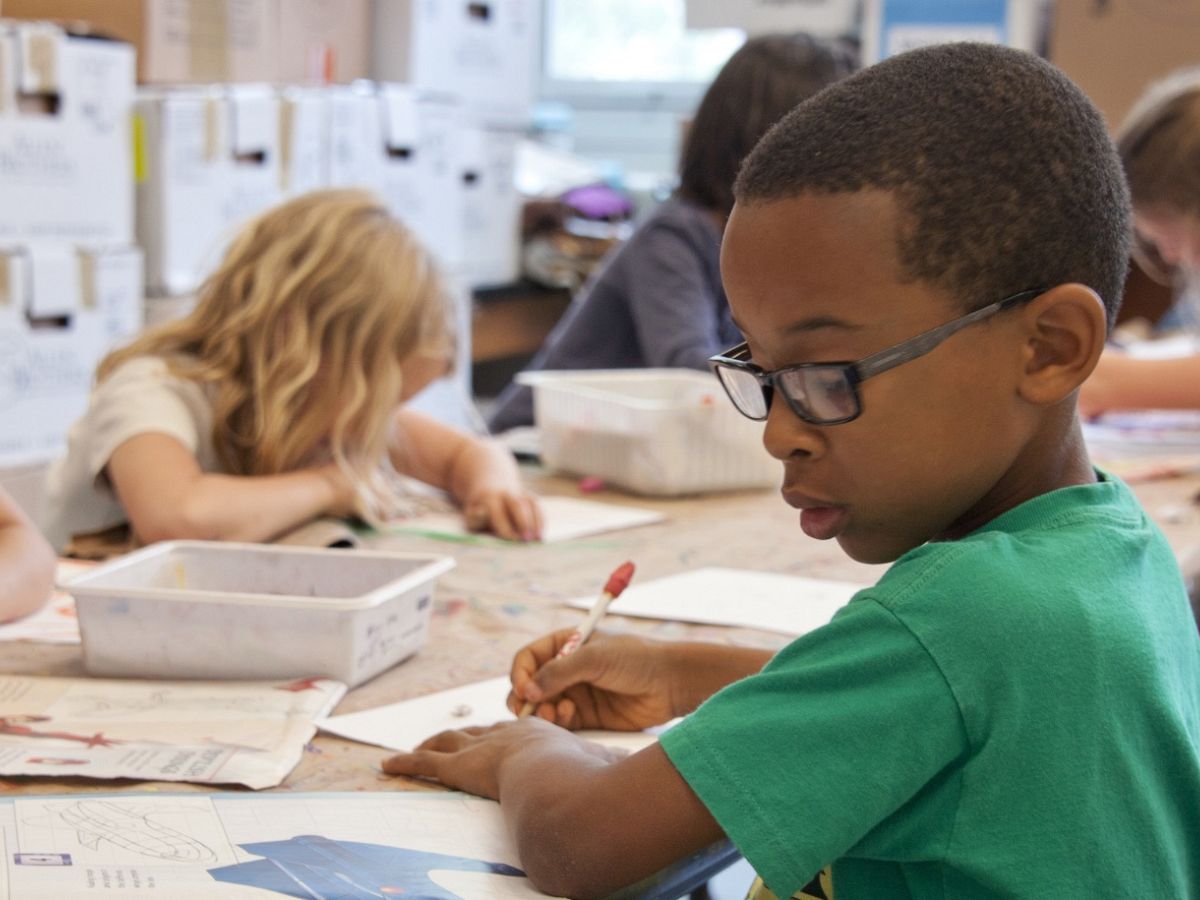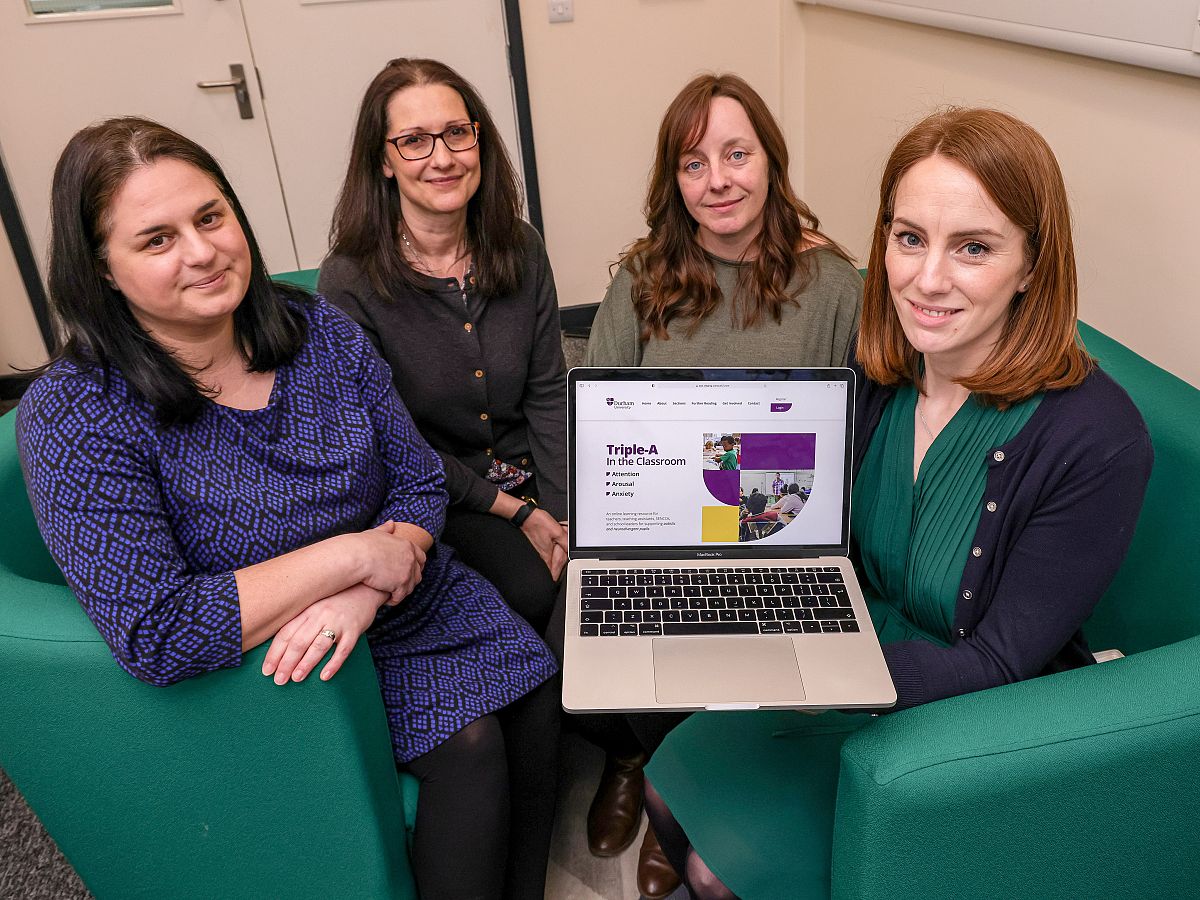Dr Mary Hanley, co-director of the Centre for Neurodiversity and Development within our Department of Psychology, tells us about Triple-A, a ground-breaking new project to help make education more inclusive for autistic and neurodivergent children and young people.
Q. What particular challenges can autistic and neurodivergent children face at school?
A. Our research shows that autistic and neurodivergent children can face particular challenges with attention, arousal differences (sensory processing) and heightened anxiety, which we have termed ‘Triple-A’.
These interlinked challenges are not easily ‘seen’ but can have a significant impact on children and young people being able to achieve their best.
The school environment can be particularly challenging from a Triple-A perspective because it tends to be a very busy, multisensory place and, can be quite unpredictable.
That’s why we wanted to develop specialist training for teachers to help them provide evidence-based support in the classroom.

Q. So what is the Triple-A training and why is it different?
A. Triple-A is a free online training tool to help teachers better understand these three challenges, how they're interlinked and how they can impact a child’s experience in school. What makes it so special is a number of things:
- It’s evidence-based – informed by our own academic research.
- It’s practical – providing tools and strategies that teachers can use in their classrooms to help better support autistic and neurodivergent pupils.
- It’s holistic – being the first training tool of its kind to focus on the Triple-A challenges in combination.
- It’s been developed in collaboration – we worked in partnership with Durham County Council as well as with autistic people, teachers, educational psychologists, and parents of autistic children.
- It’s free – we want as many teachers as possible to use the training so have made it available free of charge.
The result is a unique training tool that brings academic research and practical strategies together and which has been informed by those with direct insight into the Triple-A challenges.

Q. What sort of practical support does Triple-A include?
A. It provides adaptable strategies suitable for all education settings, including:
- Developing ‘sensory cool boxes’ and ‘calm down kits’ with preferred calming items tailored to individual pupils to help them regulate in times of sensory or anxiety distress.
- Guidance for organising classrooms to help reduce arousal and support attention.
- Developing the emotional wellbeing and regulation skills in children and young people through, for example, emotional wellbeing action plans.

Q. What is your hope for the Triple-A training?
A. We hope that it will encourage a step-change in understanding and supporting the needs of autistic and neurodivergent children and young people in the classroom and to help them reach their potential.
Watch > Jayne Sayers, a member of the Triple-A parental advisory board, explains how Triple-A strategies can help her autistic son
Watch > See how Triple-A will help teachers understand hidden challenges of autistic & neurodiverse children/young people
Find out more:
- Read more about Dr Mary Hanley, co-director of the Centre for Neurodiversity and Development
- Take part in the free Triple-A training
- Interested in studying Psychology with us? Take a look at our undergraduate and postgraduate opportunities.
- The development of the Triple-A training tool was supported Research England’s Strategic Priority Funding and the Economic and Social Research Council Impact Accelerator Fund.
